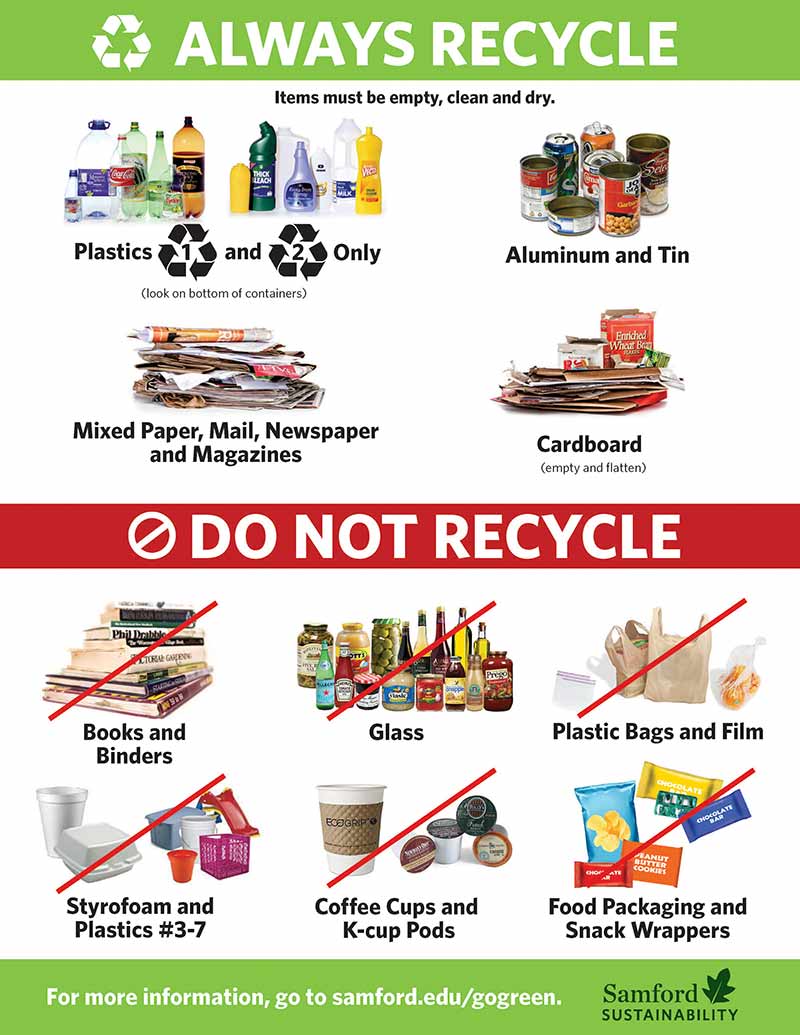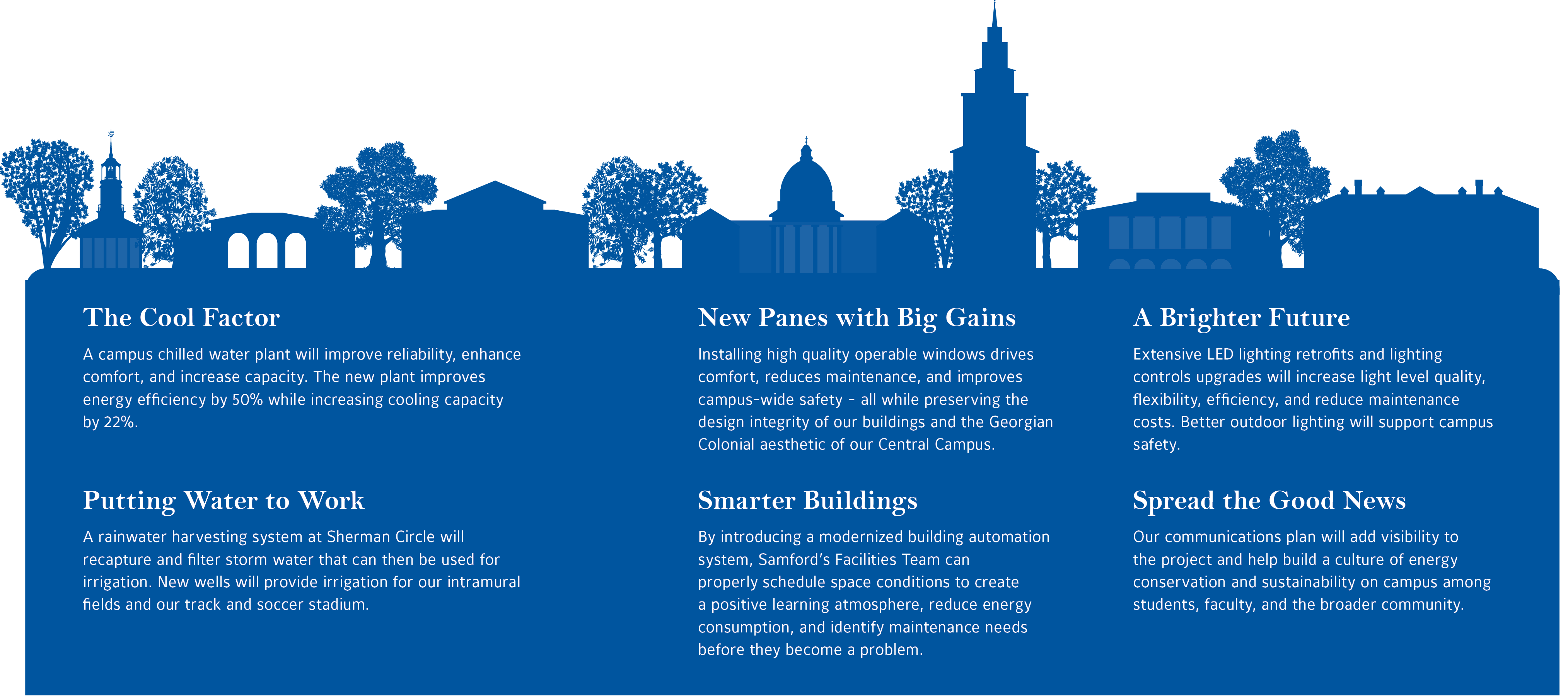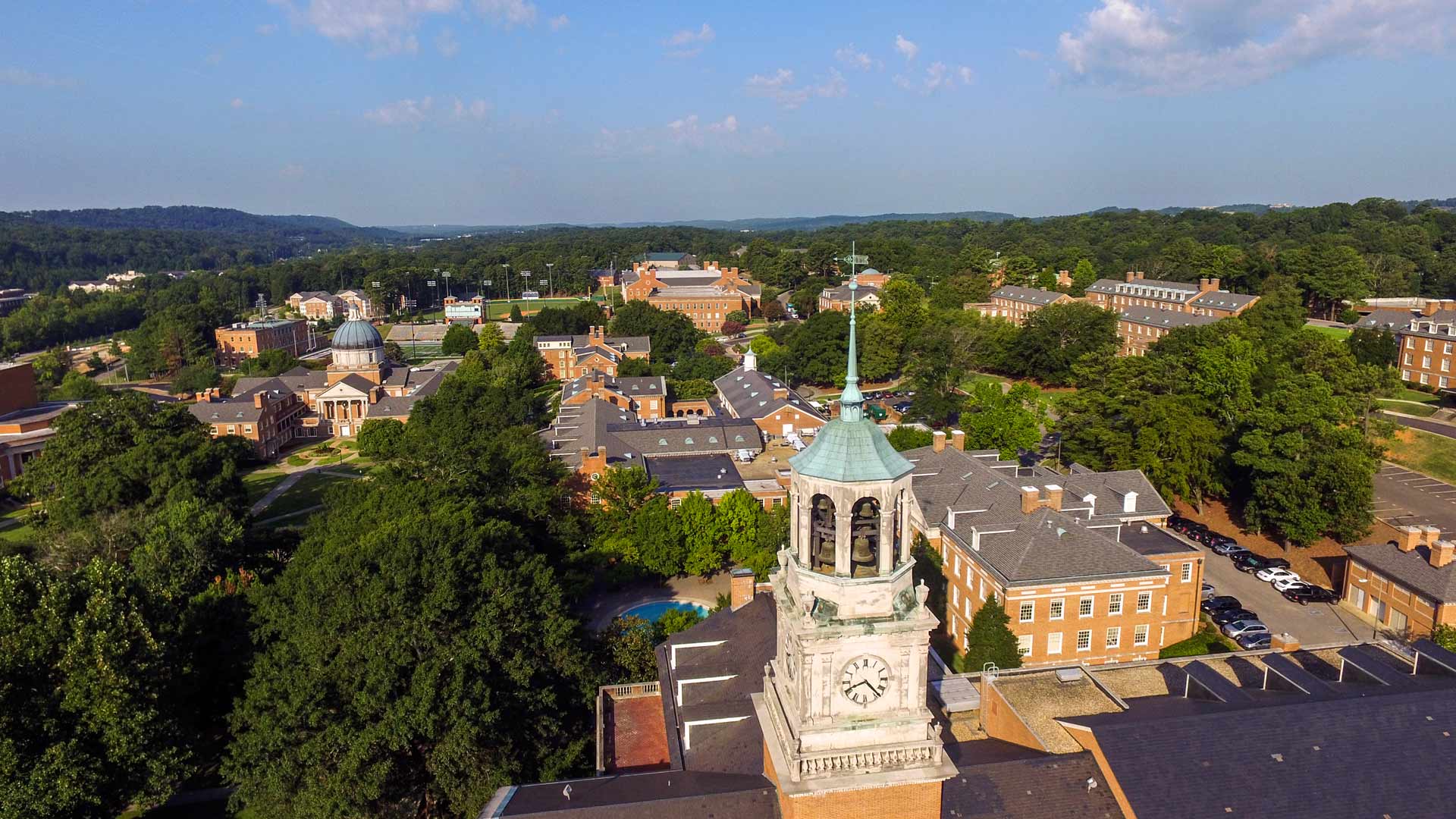Earth Day 2022: Invest in Our Planet
Earth Day will be celebrated by millions in the U.S., Canada, and around the world on Friday, April 22, 2022, marking the 52nd anniversary of the very first Earth Day celebrated in 1970.
The idea behind the day originated in the early 1960's. That's when Earth Day bloomed into a grass roots movement that resulted in the first official U.S. observance of Earth Day, celebrated in 1970.
Today, many cities extend Earth Day celebrations for an entire week to increase awareness of recycling and better energy efficient communities.
This April 22nd, check out ways to recognize this important day with ideas for your own personal projects for observing Earth Day 2022.
Earth Day Activity Ideas
There are several ways to celebrate using the concepts of "Reduce, Reuse, Recycle".
Take a weekend morning to scour the neighborhood for discarded plastics, cans, and bottles for a personal cleanup project that will help the entire community.
Plant a tree. Trees are always a friendly and supportive gesture for the environment. As the body is for humans, the tree is for the planet. We need to protect trees as they provide us with oxygen. Cutting trees leads to a deficiency of many supplements for survival. If one is concerned about the environment, one should never cut an integral part of the same. So, plant a tree on Earth Day and contribute to nature’s beauty.
In the backyard, choose a good location for a compost pile or compost tumbler. Start recycling coffee grounds, eggshells, and scraps of food to decompose and to ultimately enrich your garden for the upcoming growing season.
The Complete Guide to Home Composting
There are many ways to store your compost. The right method is the one that fits your yard (and your lifestyle) the best. You can create an organized system of storage or simply pile the waste up under a tarp. Here are a few details to help you decide:
Bins: For small-garden outdoor composting, enclosed bins are the most effective and efficient. You can build one yourself from a garbage can or purchase an enclosed compost bin. The compost tumbler is a commonly used bin, which allows for easy turning to keep the microbes aerated and active.
Heaps: Heap composting uses the same layer and turning process, except that you keep the waste in a pile instead of a structure. Most heap piles are around 5 feet wide by 3 feet high; a wider width will help keep heat in the pile.
Trenches: To use trench composting, you’ll want to dig holes in your soil and bury compost waste. While this method of composting is the simplest, the materials tend to take longer to disintegrate.
Hot composting: Hot composting is a completely different technique and requires much more effort. However, you can cut the breakdown process significantly — your first batch will be ready in a matter of weeks.
 "Earth Day Poster Design" by morgantj is licensed under CC BY-NC-ND 2.0
"Earth Day Poster Design" by morgantj is licensed under CC BY-NC-ND 2.0
Did You Know? Earth Day Fun Facts
• Exceeding all expectations, 20 million Americans participated in the first Earth Day observance in 1970. Celebrations effectively stopped traffic in New York City when 20,000 people packed Union Square to see Hollywood actor Paul Newman and hear a speech by New York City Mayor John Lindsay, who arrived on an electric bus.
• John McConnell was the creator of the Blue Earth flag. His design was inspired when he saw the first picture of the Earth, later dubbed "The Blue Marble", printed in Life magazine.
• Throughout the 1970's, Earth Day observances eventually led to the creation of the United States Environmental Protection Agency in 1972 and the passage of the Clean Air, Clean Water, and Endangered Species Acts.
• Today, Earth Day is the largest secular holiday in the world, with more than 500 million people taking part in 174 countries around the world.
Spring and Fall Document Clean Out
Friday March 25, 2022-Spring Clean Out
Document Shredding and Electronic Recycling
The trucks from Protec Recycling will be stationed off Montague Drive in front of Brock Recital Hall/LSW from 9 a.m. until 12 p.m. on Friday, March 25, 2022.
Document Shredding
Employees and students may have up to 5 boxes of personal documents shredded at this time. If your department has a large number of boxes (more than 10), please contact amorga13@samford.edu.
The company will not accept plastic or plastic bags of any kind. Paper bags and boxes are fine. Please remove all binder clips. Paperclips are fine for the shredder, but if they can be removed easily, they can be reused. Books and other bound documents will not be accepted unless they have been torn apart.
Binders will not be accepted, but if you will remove the contents of the binder, the contents can be shredded. Please remove all plastic sheet covers.
Electronics Recycling
There is a $10 charge for hard drive shredding and for CRT monitor recycling. There is a $25 charge for LCD, Plasma, LED, and CRT TVs. All other items (see list below) can be recycled for FREE!
Accepted Items for E-Recycling:
- PCs including laptops
- Servers
- Cell phones & tablets
- Satellite & cable boxes
- Gaming systems & components
- Stereos & radios
- Switches & firewalls
- Printers & fax machines
- VCRs & DVD players
- Remote controls
- MP3 players
- A/C adapters & other cables
- LCD monitors (LCD TVs = $25 each)
- CRT monitors = $10 each (CRT TVs = $25 each)
- LCD, Plasma, LED and CRT TVs = $25 each
- Ink & toner cartridges
- Rechargeable batteries
- Hard drives including external = $10 each
- Speakers
- Cameras
- Modems & routers
- CD players
- Appliances
- Consumer electronics
- Battery backups
- Keyboards & mice
- …and other similar items
Recycling

Locations
Glass Recycling
You can recycle empty, clean and dry glass at any Target store.
Green Skies Tree Planting
Samford University is pleased to partner with the Homewood Environmental Commission, the Birmingham Botanical Gardens and others for the annual Green Skies Tree Planting.
Please consider joining us in November to plant 200 tree seedlings in Homewood.
Volunteers will help with planting and mulching the small native trees. Other opportunities include removing invasive plant species and general clean-up. Some tools will be available, but you may want to bring your own gloves, a favorite shovel and/or rake.
Motivational snacks will be provided, and small native trees will be available for purchase!
For more information, please contact Anita Morgan at (205) 726-4674 or Amorga13@samford.edu.
Infrastructure Initiatives
Samford University’s picturesque campus is a key part of each student’s and employee’s experience. Maintaining our buildings, facilities and grounds in the most efficient manner is a direct reflection of our commitment to students and employees and to the academic and research activities that take place on our campus.
Samford has entered a multi-year, multi-phased partnership with Johnson Controls, Inc., a global leader in the manufacture and promotion of emergency efficient technologies.
Together, Samford and JCI have created a comprehensive campus infrastructure improvement program to improve the instructional atmosphere. The program supports a broader campus master plan that is being implemented. Through this program, Samford can implement necessary infrastructure and efficiency improvements across campus, generate significant energy savings while reducing our carbon footprint by more than 15,000 tons, decreasing water consumption on campus by more than 20 million gallons and promoting financial stability by using directed savings to fully fund the initiatives. The plan is expected to generate more than $1.65 million in savings annually.

Recent Projects
Modern Building Automation Systems
- New wiring and thermostats have been installed to introduce modern building automation systems campus-wide. These upgrades will allow us to reduce energy consumption and identify HVAC maintenance needs remotely before they become a problem.
Lighting Upgrades
- Extensive LED lighting retrofits and lighting controls have been installed to increase light level quality and reduce maintenance costs, as well as to support campus safety.
Sanitary Fixture Upgrades
- Sanitary fixtures have been replaced in most buildings and we upgraded shower heads campus-wide.
Other Projects
- Construction of a new chilled water plant was completed in April 2017. This new plant will improve energy efficiency by 50 percent and increase cooling capacity by 22 percent.
- Exterior doors received new weather stripping, sealant and door sweeps that will reduce air infiltration. Some windows received weather stripping and sealant. Openings around piping, electrical penetrations and other blank openings have been sealed with caulk.
- Energy efficient windows were installed in Burns and Chapman Halls, Dwight Beeson Hall, Brooks Hall, Orlean Beeson Hall, Buchanan Hall, Samford Hall and Smith and Vail Residence Halls.
- Spray insulation was added to Divinity Hall’s attic.
Campus Initiatives
Custodial
Our custodial provider follows a Green to Clean program, which incorporates environmentally friendly chemicals, equipment, and supplies into the cleaning process. The custodial staff has also been trained in utilizing environmentally friendly processes, supplies, and equipment. Processes include water usage and environmental awareness while the equipment and supplies range from aerosols to vacuums.
Facilities Management
The installation of new boiler and chiller systems has been a crucial step in increasing the energy efficiency of the campus. Old boiler systems are being decommissioned. In addition, the HVAC controls in each building have been retrofitted.
Cleaning and “teardown” of HVAC equipment and filtering systems is scheduled regularly to improve operating efficiencies. When old lighting equipment has failed, new fixture technologies are being installed with high efficiency lamps and ballasts. All new facilities are outfitted with high efficiency pumps, air handling units, water heating, low flow plumbing equipment and Energy Star labeled appliances.
Food Services
Our food service provider has long purchased available produce locally. This supports local farmers and also cuts down on the fuel used for transporting produce over long distances.
Landscaping Services
Landscape Services has integrated environmentally friendly practices throughout the last several years. This includes discontinuing use of atrozine and increasing mulching activities across campus.
Residence Life
The Residence Life staff helps new residents recycle materials on Move-in Day.
During move out, Residence Life gathers donations for local charities.
Academics
Samford University offers a Master of Science in Environmental Management (MSEM), as well as a dual degree in law and environmental management (JD/MSEM). The Environmental Studies minor was recently introduced as a part of the Geography department.
Master of Science in Environmental Management
The master of science in environmental management (M.S.E.M.) is a 36-credit, non-thesis program conducted by the Department of Biological and Environmental Sciences. It directs working professionals through a collection of courses to prepare them for the decision-making processes of the ever-increasing demands of environmental regulatory compliance.
Environmental Science Major
Students majoring in Environmental Science will choose from one of three tracks, depending on their academic goals. Each track emphasizes training in different areas, with broad flexibility in electives allowing the student to tailor the major to his/her specific interests. The major is designed to prepare students for a wide range of careers, and graduate and professional programs.
Environmental Studies Minor
Environmental studies is an interdisciplinary field that explores the relationship between humans and the environment, in the interest of solving complex problems. Students study the built and natural environment, and explain about human views and interactions with nature.


